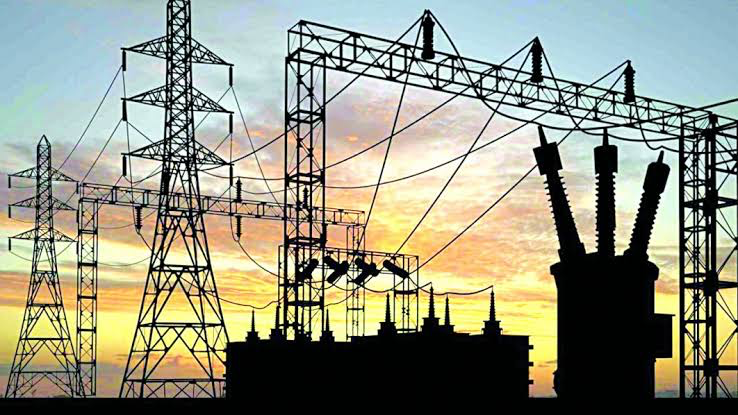The African Development Bank (AfDB) has approved a substantial $500 million loan to improve electricity access in Nigeria. This landmark decision is expected to enhance the country’s energy infrastructure, providing a significant boost to economic development and improving the quality of life for millions of Nigerians.
The loan, announced by the AfDB, aims to support the Nigerian government’s efforts to tackle the chronic power shortages that have hindered economic growth for decades. Nigeria, Africa’s most populous country, has struggled with inadequate electricity supply, which has affected both households and businesses. The investment will focus on expanding and upgrading the national grid, increasing generation capacity, and promoting renewable energy sources.
The AfDB’s intervention is part of its broader commitment to supporting sustainable development in Africa. By improving electricity access, the bank aims to drive industrialization, create jobs, and reduce poverty in Nigeria. The loan will fund projects that enhance the efficiency and reliability of the power sector, ensuring that more Nigerians can access stable and affordable electricity.
One of the key components of the loan is the expansion of Nigeria’s transmission and distribution networks. This will involve the construction of new substations, the upgrading of existing infrastructure, and the installation of advanced metering systems. These improvements are expected to reduce energy losses, increase the capacity of the grid, and improve the overall reliability of the electricity supply.
Additionally, the loan will support initiatives to increase power generation capacity through renewable energy projects. Nigeria has vast untapped potential in renewable energy, particularly in solar and wind power. The AfDB’s funding will facilitate the development of these resources, contributing to the diversification of Nigeria’s energy mix and reducing reliance on fossil fuels.
The AfDB’s investment also aims to strengthen the regulatory and institutional framework of Nigeria’s power sector. This includes capacity building for key institutions, policy reforms to attract private investment, and measures to improve the financial viability of the power companies. By creating a more favorable environment for investment, the AfDB hopes to stimulate further development in the sector and ensure the sustainability of the improvements.
Nigeria’s Minister of Power, Adebayo Adelabu, welcomed the AfDB’s approval of the loan, stating that it represents a significant step towards achieving the government’s goal of universal electricity access. He emphasized that the funding will help address the critical challenges facing the power sector and enable the country to meet its energy needs more effectively.
The approval of the loan has been met with optimism by stakeholders in Nigeria’s energy sector. Industry experts believe that the AfDB’s support will catalyze further investment and drive progress towards a more reliable and efficient power system. Improved electricity access is expected to have far-reaching benefits, including enhanced industrial productivity, better educational outcomes, and improved healthcare services.
The impact of improved electricity access on Nigeria’s economy cannot be overstated. Reliable power supply is essential for the operation of businesses, the functioning of schools and hospitals, and the daily lives of citizens. By addressing the power deficit, the AfDB’s loan will contribute to economic growth, job creation, and improved living standards for millions of Nigerians.
As the projects funded by the AfDB loan begin to take shape, there is hope that Nigeria’s power sector will see significant improvements. The combination of infrastructure upgrades, renewable energy development, and regulatory reforms promises to transform the electricity landscape in the country.
In conclusion, the AfDB’s $500 million loan to Nigeria represents a major investment in the country’s future. By enhancing electricity access, the loan will drive economic development, create jobs, and improve the quality of life for millions. With sustained effort and international support, Nigeria is poised to overcome its power challenges and achieve lasting progress in the energy sector.
Source: Tribune Online NG



